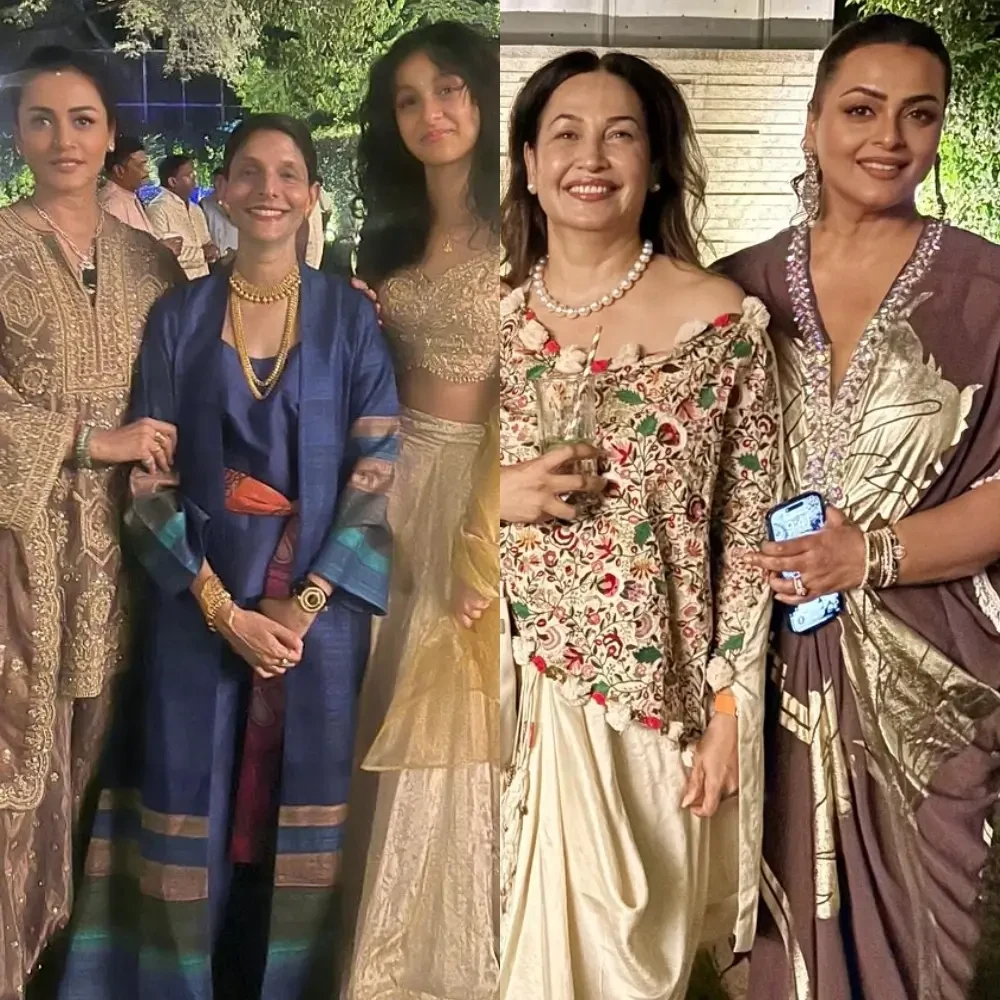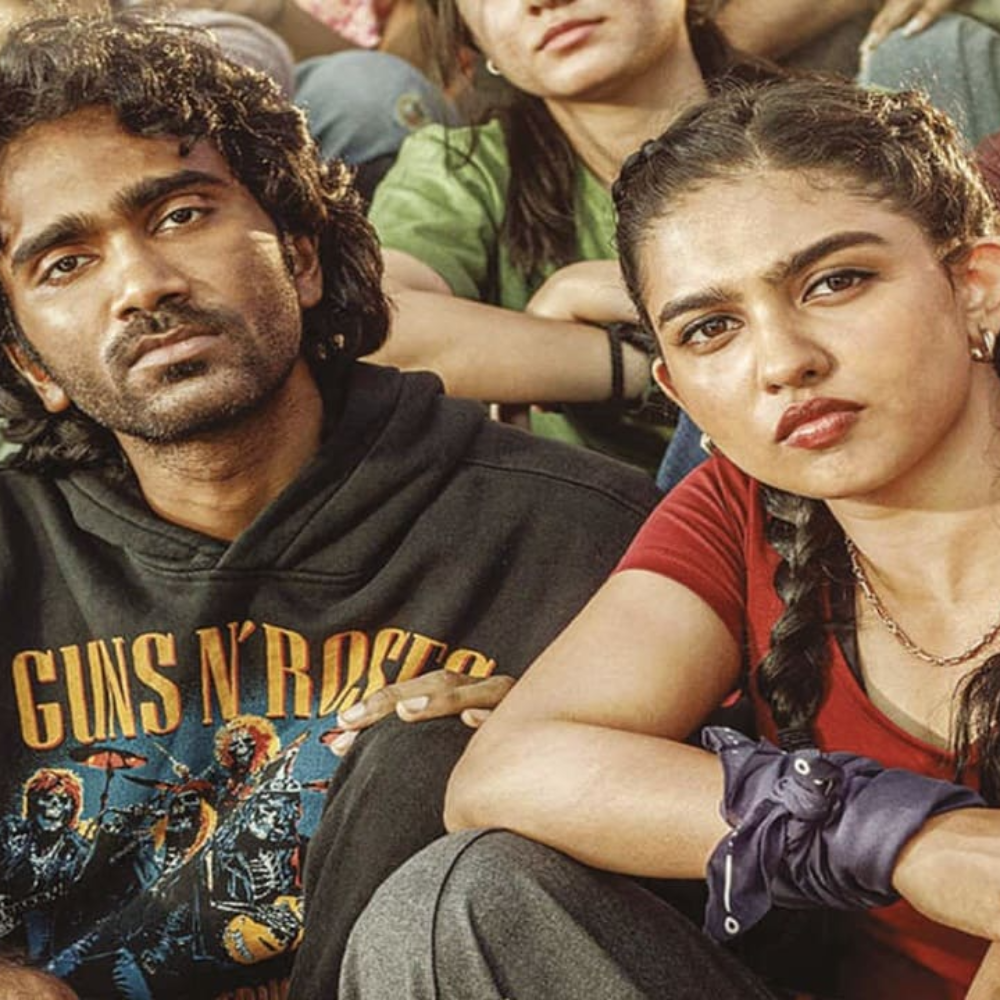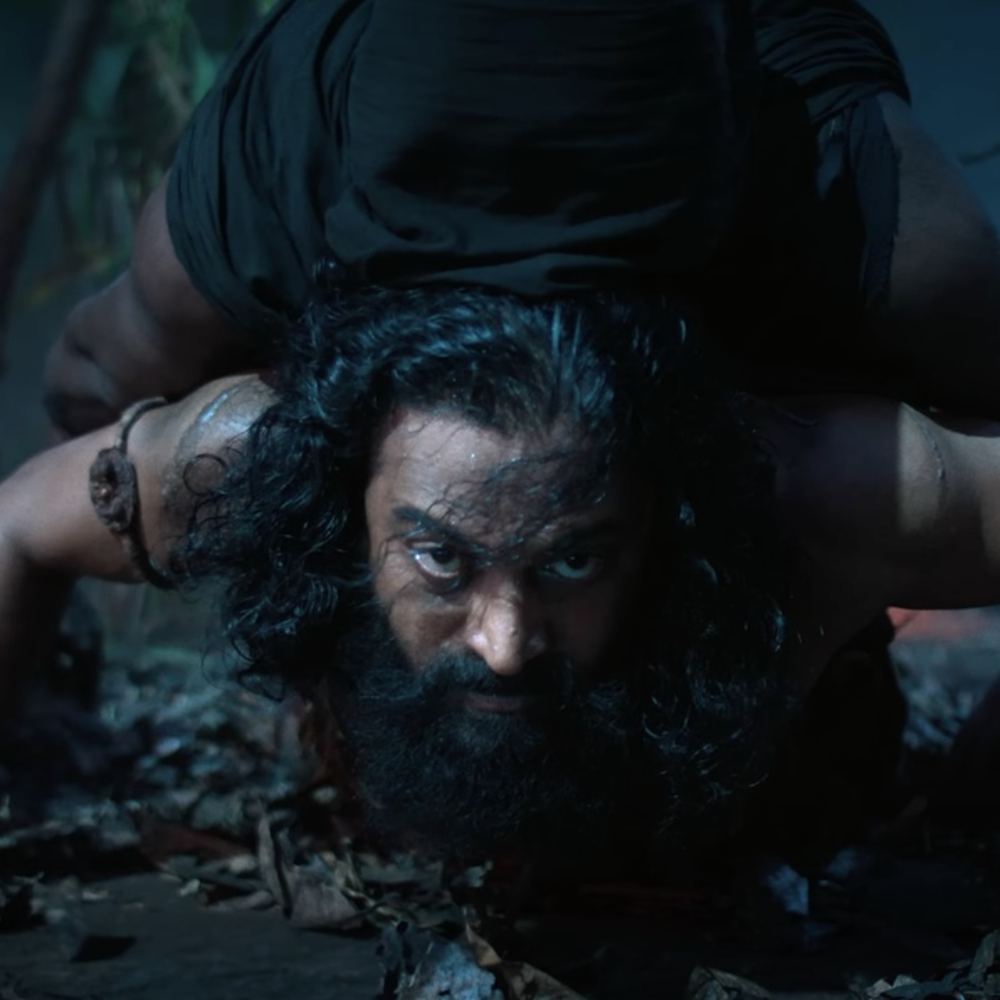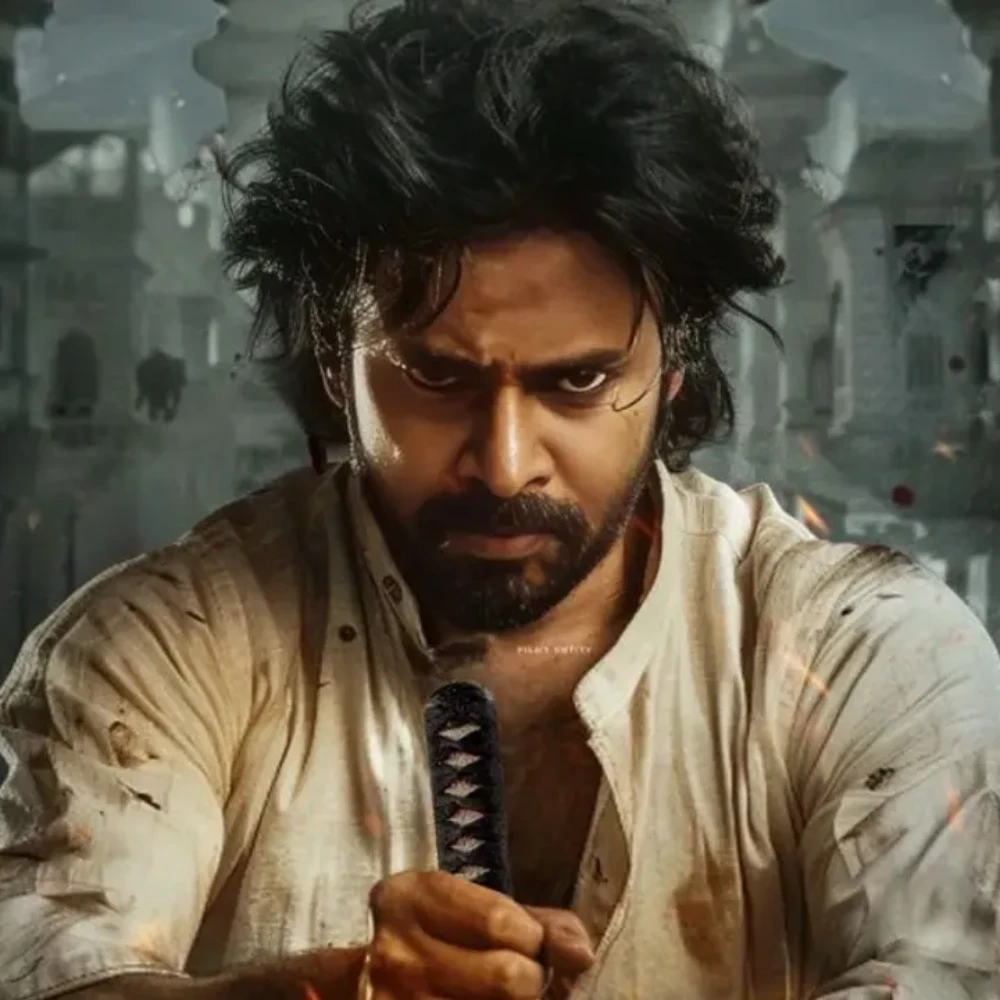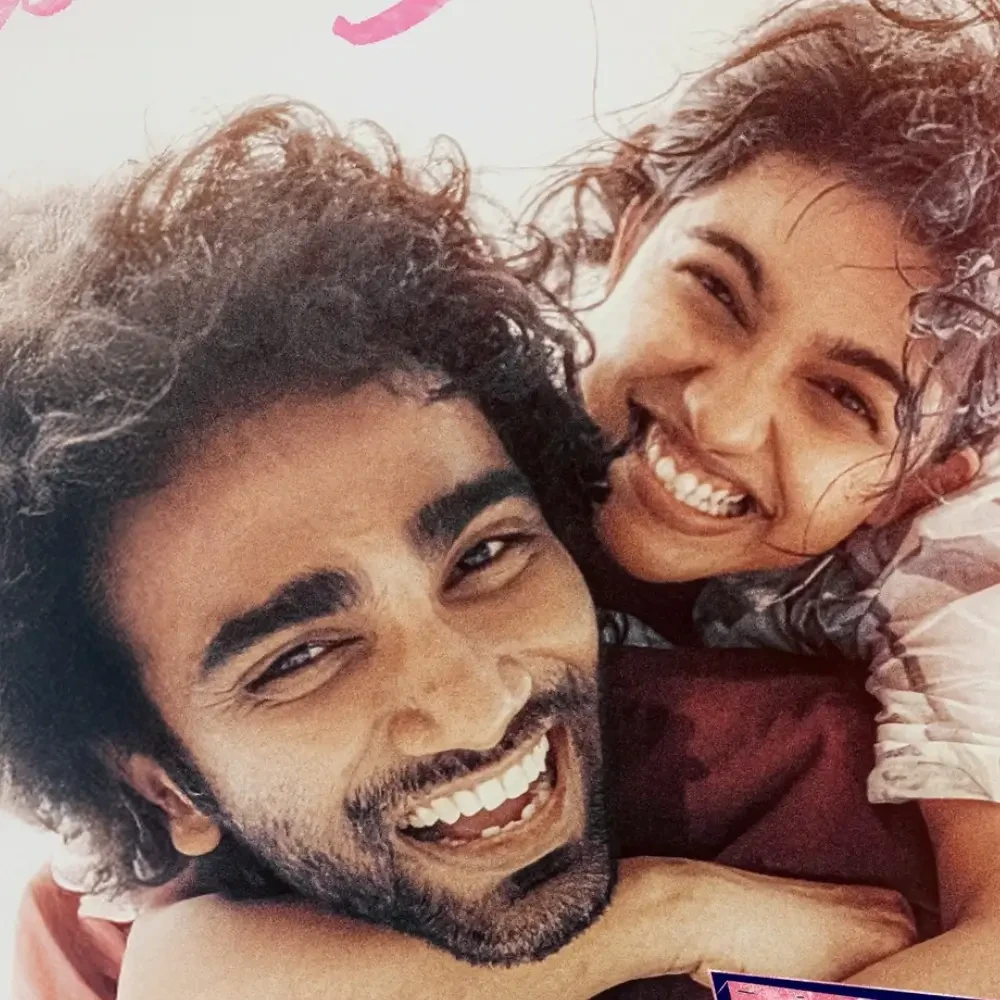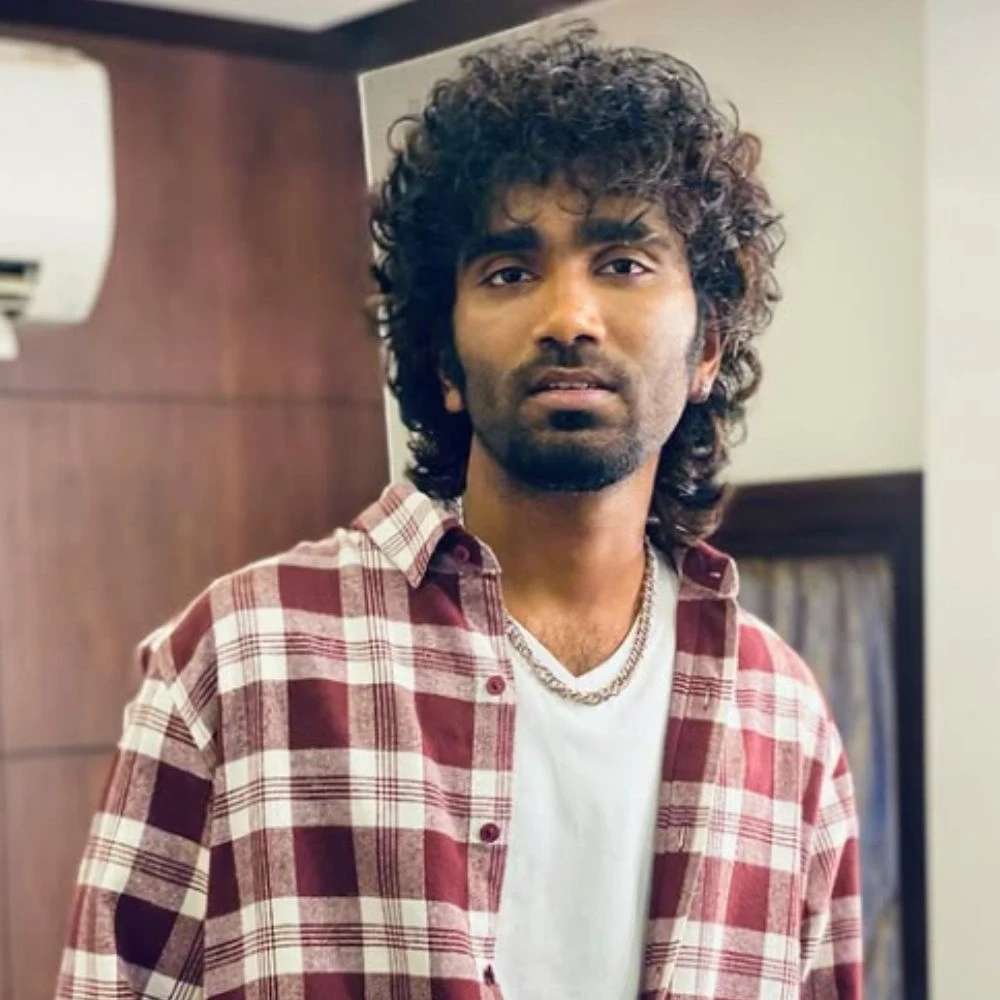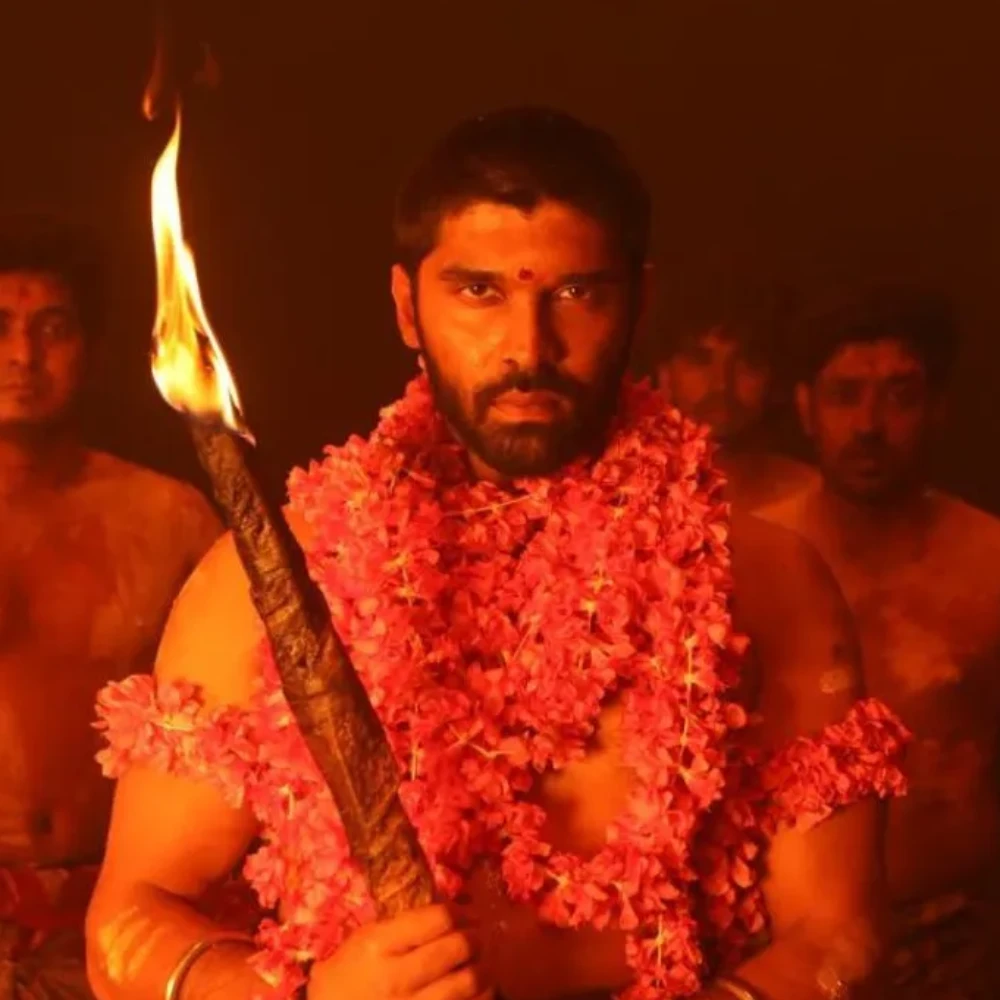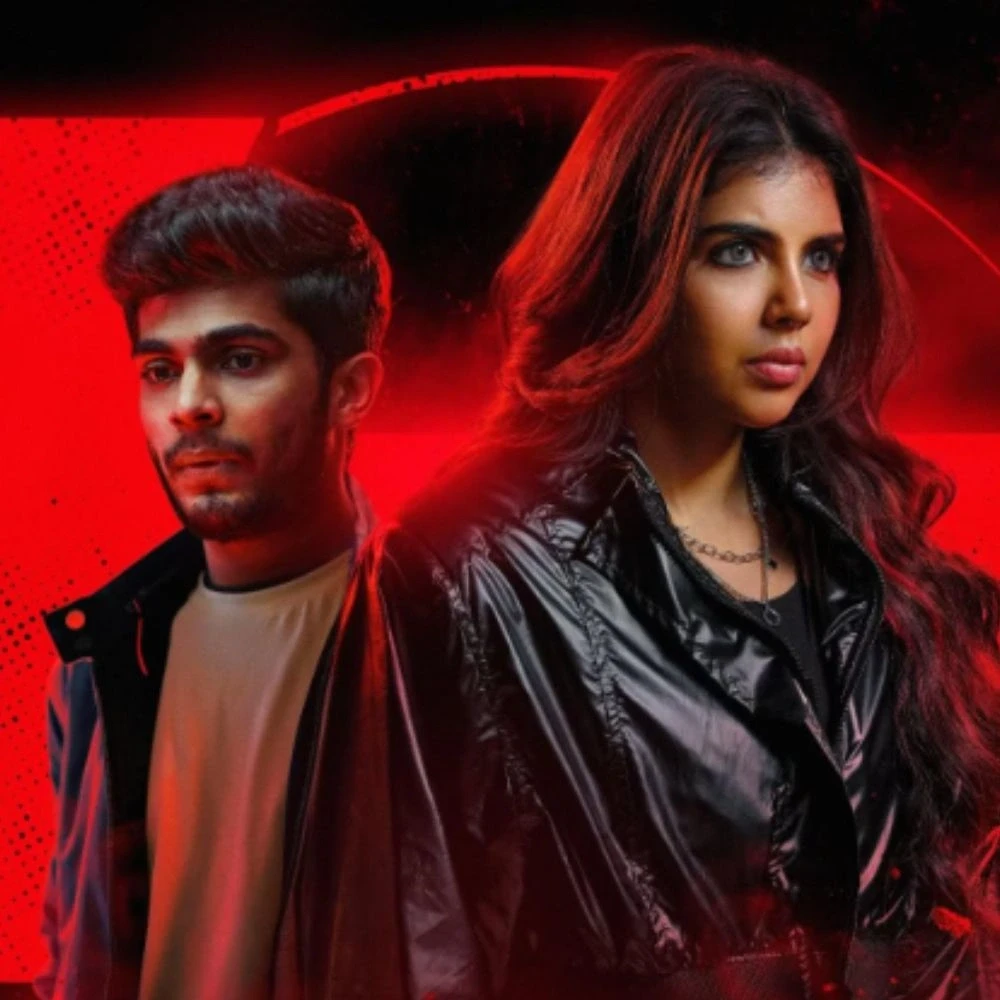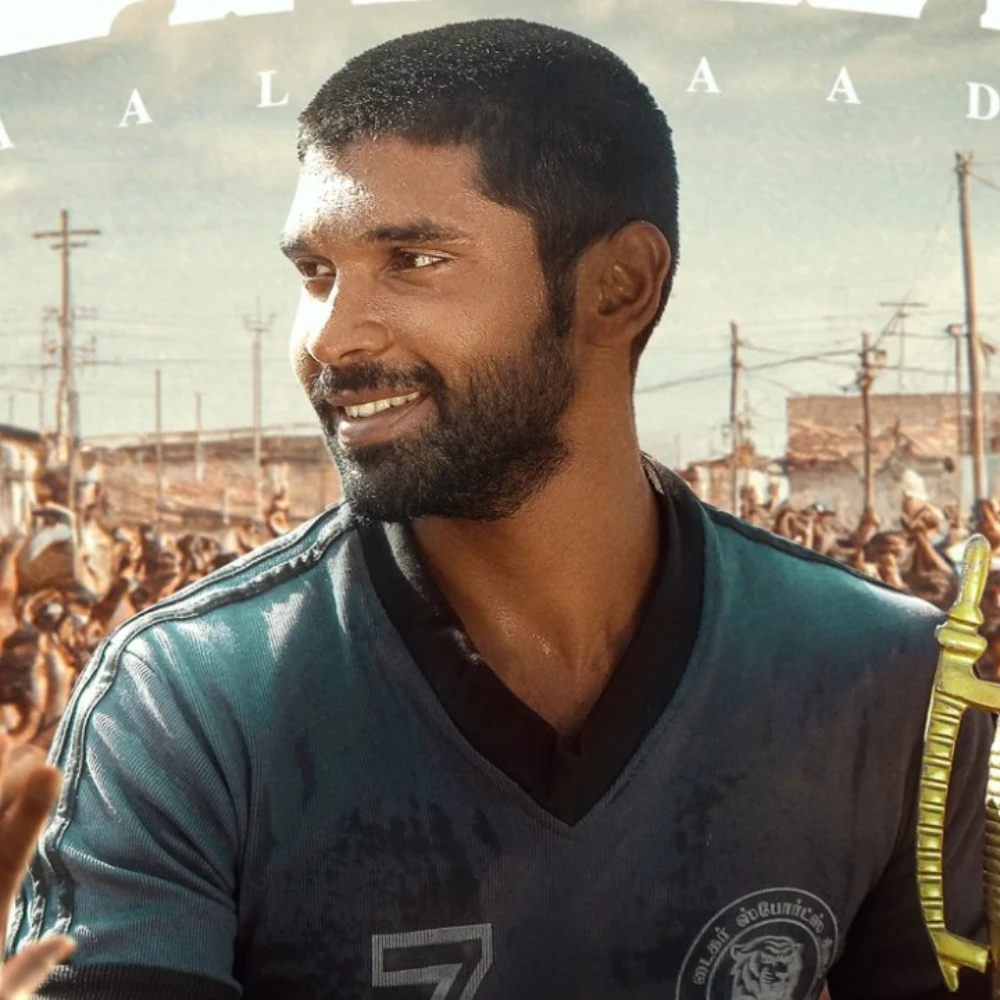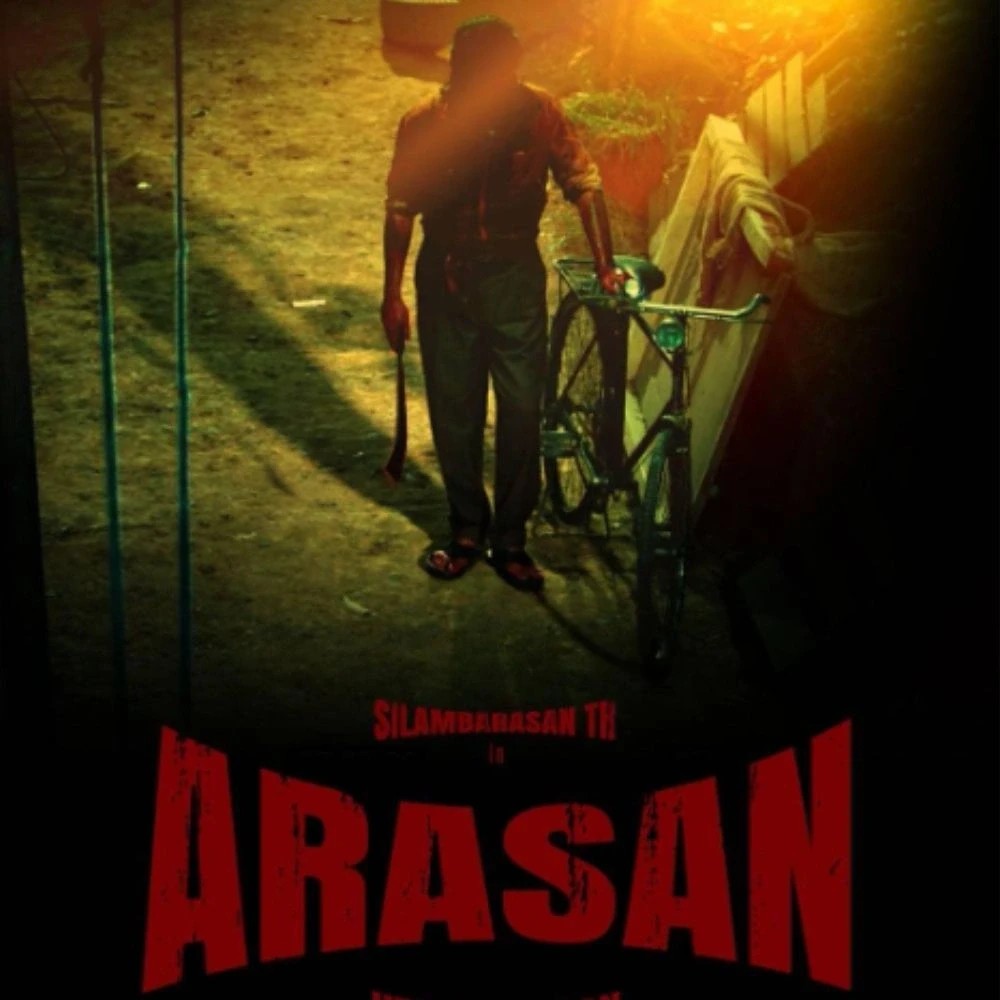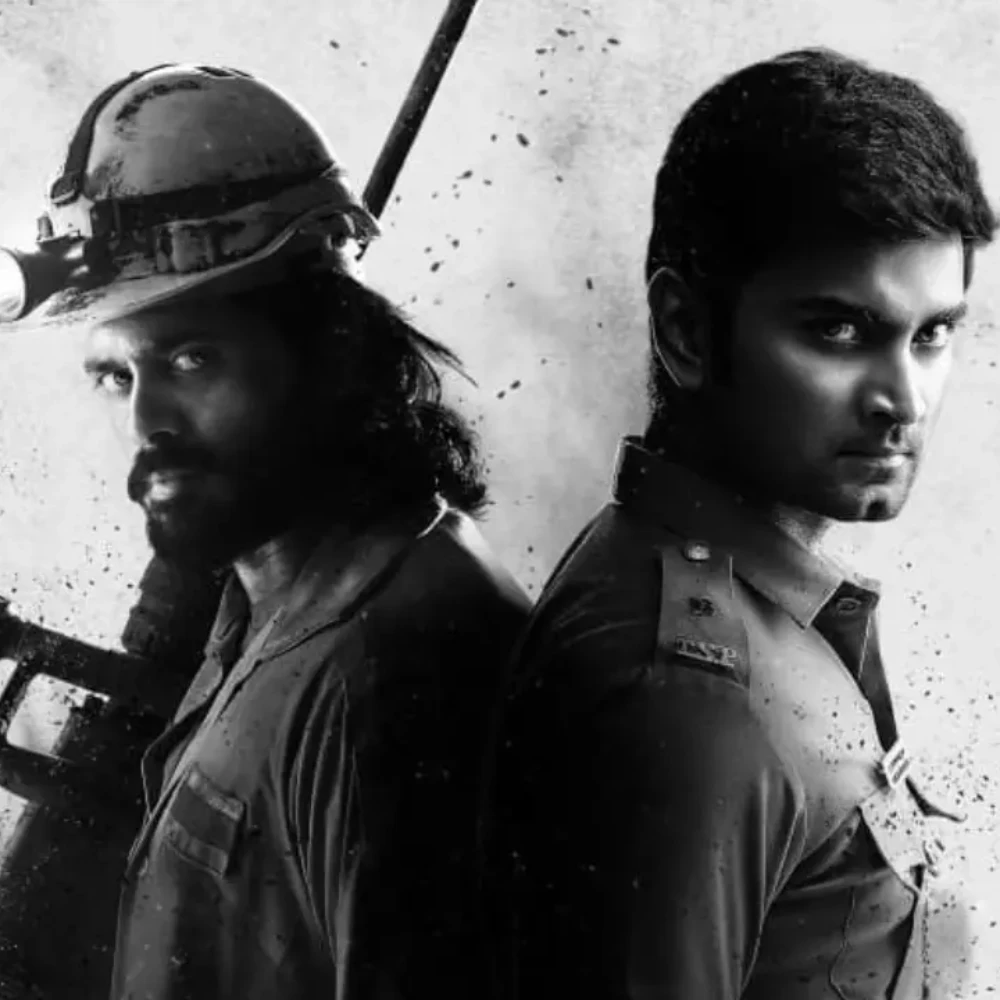OPINION: Are movies like Devara, Indian 2, and Turbo affected by trend of franchising movies, losing their potential as standalone ventures?
Is the trend of franchising movies into multiple sequels making films rather dud when taken as individual ventures? Would it be better if films were treated independently as standalone?
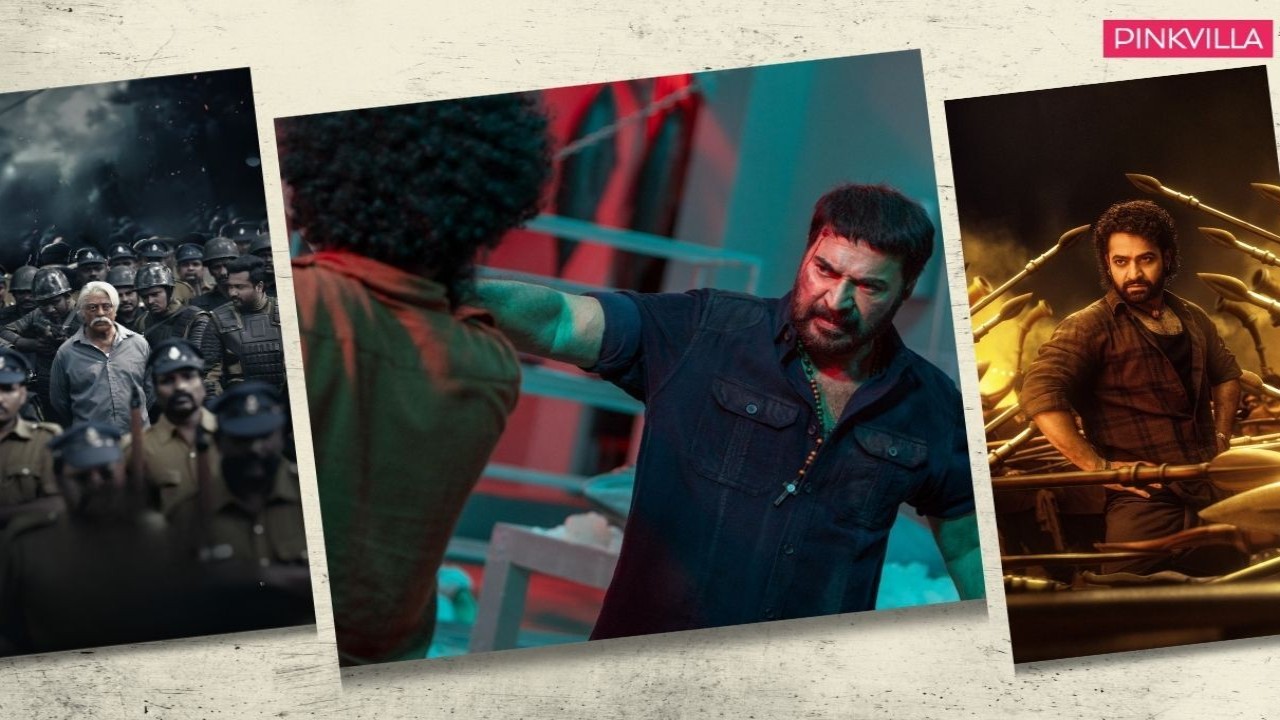
Post the era of multiple movies being included in a single universe or a single world being explored widely, many films have shifted to fall prey to the trend. Movies like Devara: Part 1, Indian 2, and Turbo are some examples of cinema that seems to be relying more on creating a large world, rather than focusing on films, individually.
A few years ago, films usually tended to be concise in their storytelling and filmmakers would rather wrap up their films in a single project. However, over the years, the trend of franchising movies into multiple installments has become a norm, especially with successful ventures like Baahubali and KGF.
However, are all films required to be included in a cinematic universe or a franchise? Wouldn’t it be better if films were treated as individual entities and carve something out that is organic and entertaining to watch? Why is there a need for turning movies into multiple installments?
The trend of turning films into franchises
Over the years, the popularization of the Marvel Cinematic Universe (MCU) has given potential reason and ideas to Indian filmmakers as well to create their own film universes. These worlds of cinema created by production companies or directors, overlap or interconnect with each other with characters, themes, and premises.
Cinematic universes like YRF Spy Universe, Maddock Supernatural Universe in Bollywood and Lokesh Cinematic Universe, Prasanth Varma Cinematic Universe are some of the examples in India. However, seeing the popularity and conversation among people for these franchises and universes, many filmmakers consider their movies to have the potential to be made in multiple installments.
Check out the Lokiverse 2.0 theme video:
While one may argue that this is the integrity of the artist which shouldn’t be questioned, the audience who pay a good amount of money to watch films would beg to differ. Filmmakers, be they good or bad at their craft need to realize that not every story requires to be told in 2-3 parts.
Taking note of the underwhelming responses received by Kamal Haasan’s Indian 2, it should be noticed how the film was strongly panned for being drawn out and tough to sit through. The movie had a good basic idea of bringing back an iconic character but was ruined by the lengthy pitch and unnecessary subplots which weren’t even interesting to watch.
Similarly, the recent Jr NTR starrer Devara: Part 1 and Mammootty’s Turbo were also examples of movies that were affected by the idea of franchising. While individually, the movies start off staying true to what they had to offer but as we go down the road, we tend to lose our path and it becomes a travesty for us to sit through.
Watch Devara: Part 1 trailer
At every point, the film becomes less about what’s entertaining and more about finding easter eggs or a theory class of what is set to happen. But by the time the movie reaches its end, audiences just look forward to walking out the doors rather than talking about the mess they witnessed. The same can be said about Thalapathy Vijay’s The GOAT and its end-credits but it is more or so unconfirmed whether it will continue due to the actor’s political commitments.
Why are films being turned into franchises and all movies as installments not worth your time?
Understanding the need for most films to turn into franchises, it is easy to understand that many filmmakers are hashing out films only to earn the monetary benefits of each installment. Every installment of a franchise is eventually an individual entity and will be sold in the market as such.
Taking note of this, filmmakers would benefit from selling a single world in multiple pieces to the audience and earning revenue in multiple streams. Aside from the monetary gains, films tend to be over-written and developed more and more by their creators, who believe everything they write is required in their films.
The lack of being brutal while cutting off unnecessary elements from their film which would not work in their project leaves a distaste in the audience, especially when making a commercial movie. Be that may, are all franchise films unnecessary?
No, if a story getting turned into a movie requires a lot of world-building and character introduction, it surely needs organic time to be developed. This is the reason why SS Rajamouli was successful in creating a magnum opus like Baahubali.
In the same notion, upcoming installments of movies like Kantara, Kaithi, Lucifer, and Kalki 2898 AD are some examples of what is truly needed for a franchise to be complete. These sequels or prequels are being created to complete the story or rather act as an exploration of the world the makers have created, to tell more and more entertaining yet engaging stories.
ALSO READ: Netizens react as Devara makers add Daavudi song in Jr NTR’s movie along with an additional scene





 JOIN OUR WHATSAPP CHANNEL
JOIN OUR WHATSAPP CHANNEL


































































